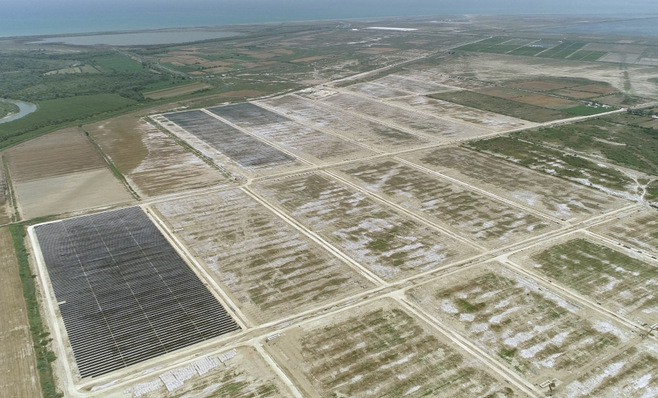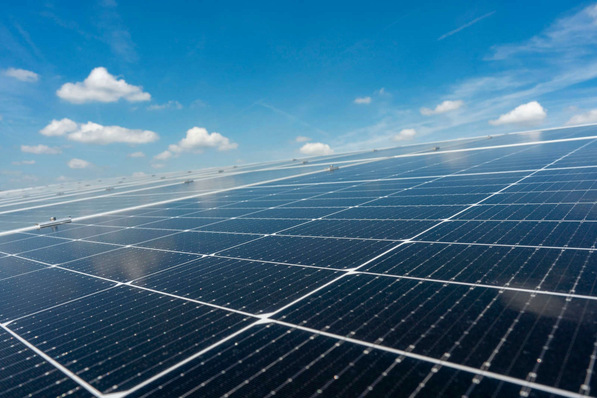Israel is taking COVID-19 as an opportunity to shift its focus on transforming its generation mix towards sustainability. The Energy Ministry released a plan to spend US$23bn in government and private funding on solar PV by 2030. The country plans to have 30% of generation from solar PV in 2030 from a meager 5% now. GlobalData believes that, as the nation has been largely dependent on thermal sources, a massive closing of coal plants at an accelerated rate might challenging, and 30% PV generation is over-optimistic.
2019 1.8 GW of installed PV
Somik Das, Senior Power Analyst at GlobalData, comments: “In the Middle East region, Israel has the largest solar PV installed capacity. As of 2019, Israel had a total of 1.8GW of installed capacity in solar PV, representing 44% of the solar PV installed in the region. This year, even with the effects of COVID-19, the country is expected to be one of the top three annual solar PV installers in the region, putting strain on the country's efforts towards having a sustainable generation blend.
Junp to 6-8% solar power in the generation mix in 2020
“According to GlobalData’s pre-COVID-19 estimates, year-on-year solar PV generation was expected to increase by 27.4% in 2020, however, due to the COVID-19 restrictions and planned solar PV built-up, the solar PV share is likely to improve further by end of 2020. Last year, solar PV formed 4.1% of Israel’s total generation, this year it is expected to improve representing 6-8% in the generation mix.
New employment opportunities for coal workers
“To increase the share of generation from solar PV, the share of generation from thermal sources would need to drop. Shutting down coal plants would create unemployment for the workers in those power plants. Although the developing solar PV segment would open new employment opportunities, these employees would need to be trained to opt for those opportunities.” (hcn)







